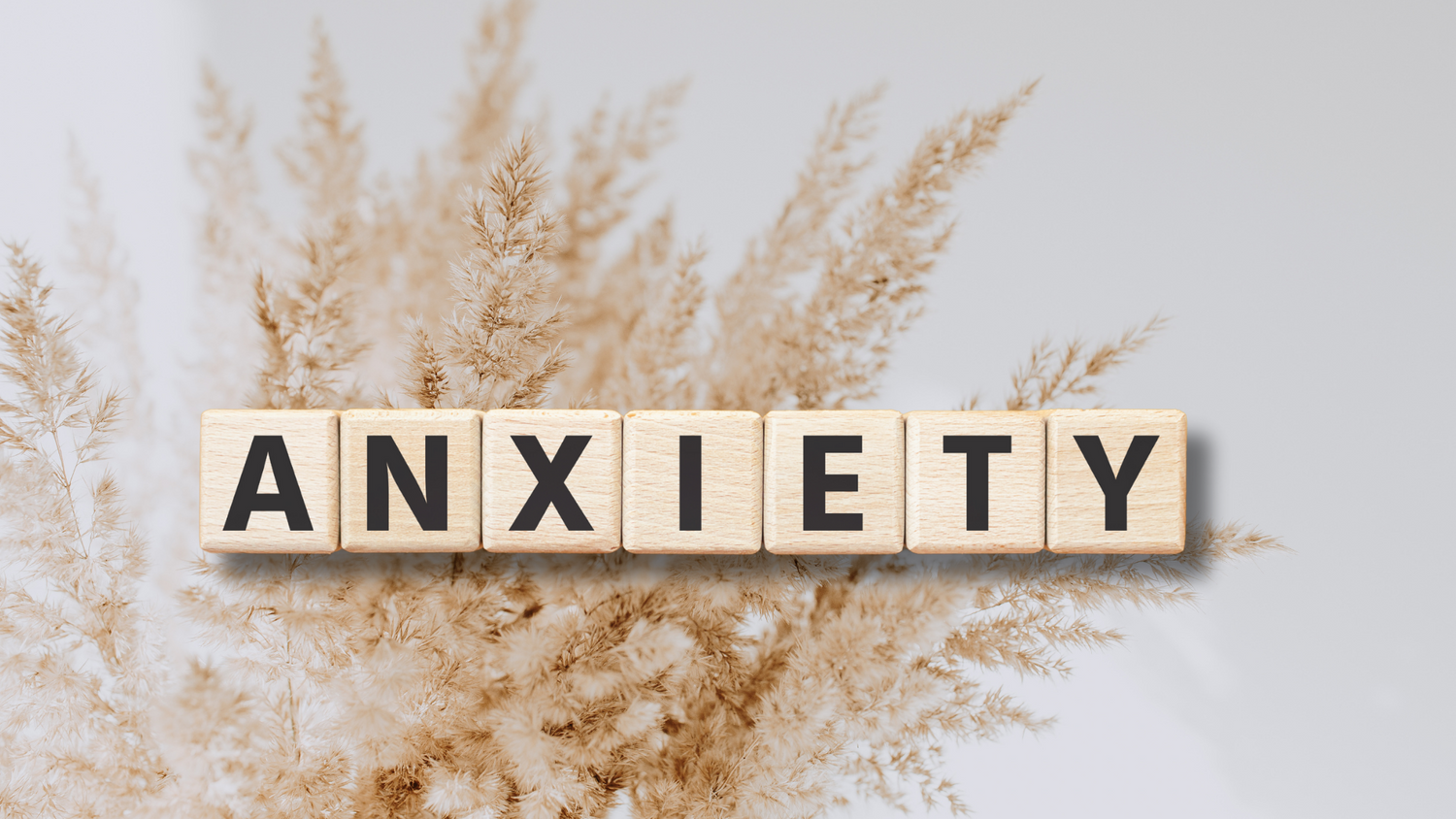Perimenopause is a natural phase in a woman's life that marks the transition towards menopause, which is the point when menstrual periods cease permanently. It is a significant time of hormonal changes and can bring about various physical and emotional symptoms. Understanding perimenopause can help women navigate this transitional period with greater ease and awareness.
What is the Typical Age for Perimenopause?
The average age for menopause is around 51 years old, and perimenopause can start up to 10 years before menopause itself. This means that women can experience perimenopause as early as their mid-30s and as late as their mid-40s. The normal age range for menopause is generally considered to be between 45 and 55.
What are the First Signs of Perimenopause?
The signs of perimenopause can vary from woman to woman, but some common early indicators include:
- Irregular Menstrual Periods: You may notice changes in your menstrual cycle, such as shorter or longer cycles, heavier or lighter flow, or missed periods.
- Hot Flashes and Night Sweats: These sudden and intense feelings of heat, often accompanied by sweating, can be disruptive and distressing.
- Mood Swings: Hormonal fluctuations can lead to mood swings, irritability, and increased emotional sensitivity.
- Sleep Disturbances: Difficulty falling asleep or staying asleep may become more frequent during perimenopause.
- Vaginal Dryness: Decreased estrogen levels can lead to vaginal dryness, which may cause discomfort during intercourse.
- Changes in Libido: Some women experience a decrease in sexual desire during this phase.
What are the 3 Stages of Menopause?
Menopause is generally divided into three stages:
- Perimenopause: As mentioned earlier, this is the transitional phase leading up to menopause. Hormone levels fluctuate, and symptoms may begin to manifest.
- Menopause: This stage occurs on a specific day, the day after a woman has gone 12 consecutive months without a menstrual period. At this point, the ovaries stop releasing eggs, and estrogen and progesterone levels significantly decrease.
- Postmenopause: The period of time after menopause is considered postmenopause. During this stage, many menopausal symptoms may diminish, but it's essential to continue monitoring overall health and well-being.
While perimenopause is a natural and expected phase in a woman's life, it's essential to prioritize your health and well-being. If you experience any of the symptoms mentioned or notice any unusual changes in your body, consider consulting with a healthcare provider. Seeking professional advice can help you understand your specific situation, provide guidance, and suggest appropriate treatments or lifestyle adjustments if needed. Taking proactive steps to manage your health during perimenopause can lead to a smoother and more positive transition into this new chapter of life.





